Agriculture ministers from 27 European Union (EU) member states met in Brussels to initially find solutions to deal with farmers' protests that have erupted in many parts of Europe.
From Romania, Germany, Poland, to the Netherlands, France, Spain..., protests, marches by rickshaw in city centers, highway blockades... have been and are taking place.
There are many reasons for such protests. In Romania, Poland, Bulgaria, it is mainly related to the demand to stop grain imports from Ukraine and Russia, which are causing prices to fall in those countries. In other countries, it is the implementation of regulations on nitrate fertilizers. Then there is the rising energy price, which affects not only households but also farmers' farms, equipment, and greenhouses.
The protests first erupted with Dutch farmers protesting against a government decision to halve the number of cows they raise, while German farmers were angry about cuts in diesel subsidies for agriculture. Both Dutch and German governments have taken steps to comply with their agricultural emissions reduction targets.
According to Western news agencies, the main content of this meeting between EU agriculture ministers is a strategic dialogue on the future of agriculture in Europe, ensuring the bloc's strategic autonomy and food security. European agricultural leaders have not yet taken specific measures to meet farmers' demands.
Although Polish Agriculture Minister C. Siekierski said the EU's stance on some issues has softened due to pressure from the protests, observers believe there will be more tense meetings in the coming time to resolve internal issues, especially how to develop agriculture to harmonize the interests of farmers with the EU's goal of carbon neutrality by 2050. Solutions to current problems cannot be found "overnight".
MINH CHAU
Source


![[Photo] The Prime Ministers of Vietnam and Thailand witnessed the signing ceremony of cooperation and exchange of documents.](https://vphoto.vietnam.vn/thumb/1200x675/vietnam/resource/IMAGE/2025/5/16/935407e225f640f9ac97b85d3359c1a5)
![[Photo] President Luong Cuong receives Prime Minister of the Kingdom of Thailand Paetongtarn Shinawatra](https://vphoto.vietnam.vn/thumb/1200x675/vietnam/resource/IMAGE/2025/5/16/52c73b27198a4e12bd6a903d1c218846)



![[Photo] General Secretary To Lam receives Prime Minister of the Kingdom of Thailand Paetongtarn Shinawatra](https://vphoto.vietnam.vn/thumb/1200x675/vietnam/resource/IMAGE/2025/5/16/7f6a2a37f9324e61b3088c464cbc7b16)
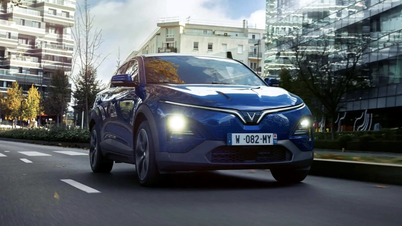



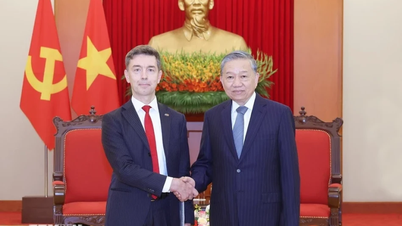

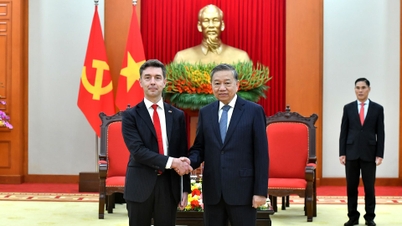

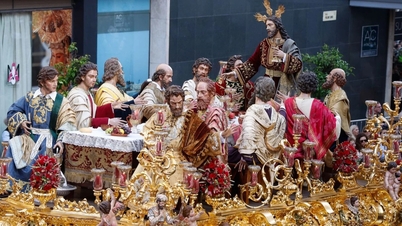






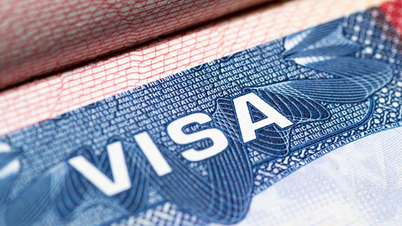






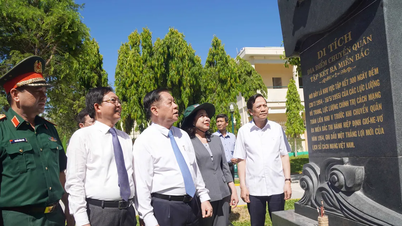

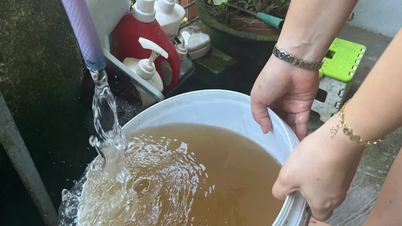



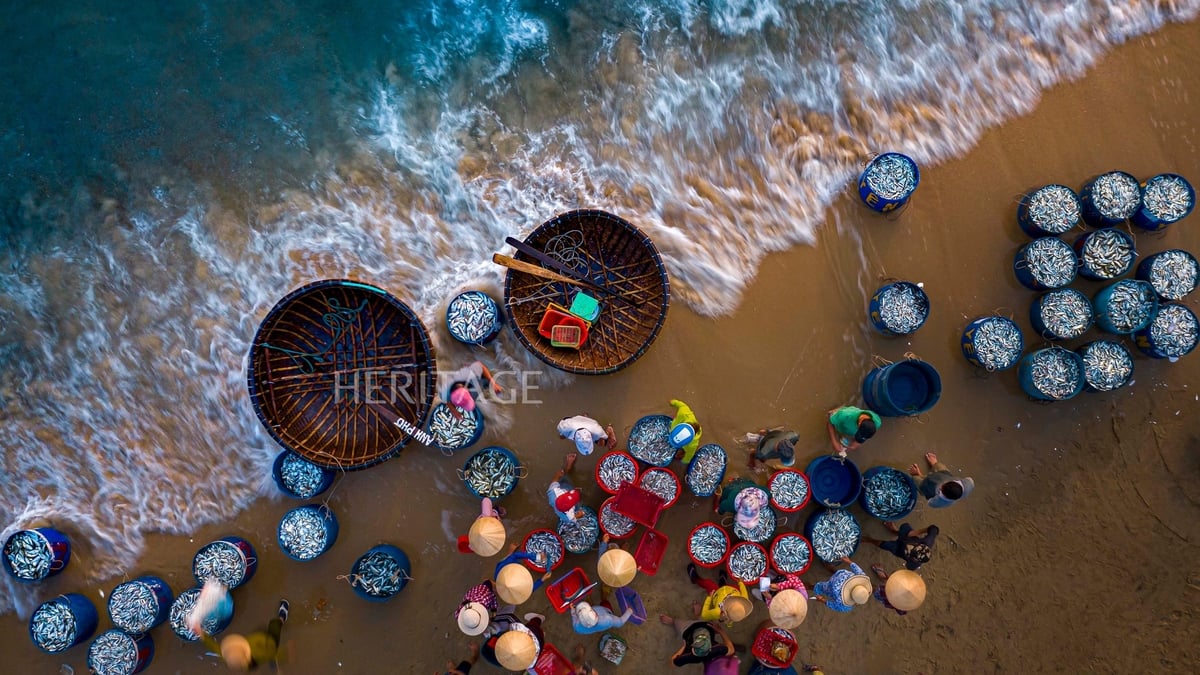
![[Photo] Prime Minister Pham Minh Chinh holds talks with Prime Minister of the Kingdom of Thailand Paetongtarn Shinawatra](https://vphoto.vietnam.vn/thumb/1200x675/vietnam/resource/IMAGE/2025/5/16/23b5dd1e595d429491a54e3c1548fb79)


















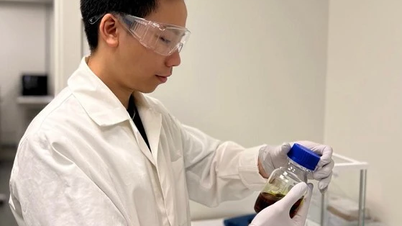














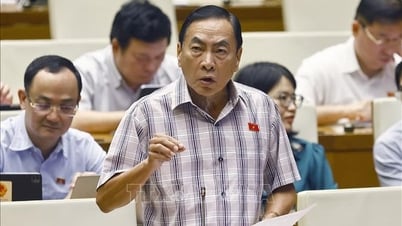


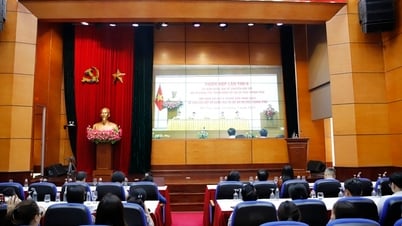
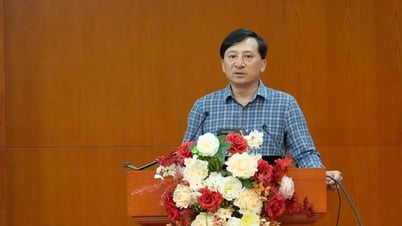

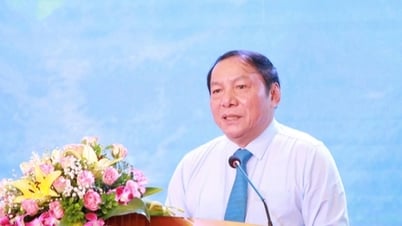

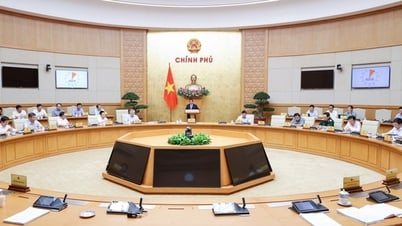
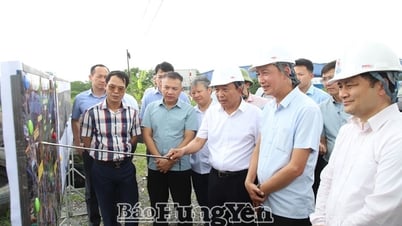



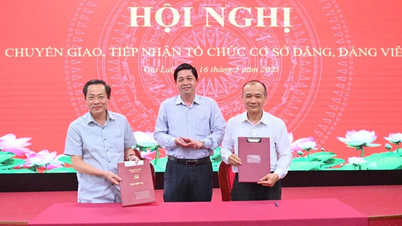










Comment (0)